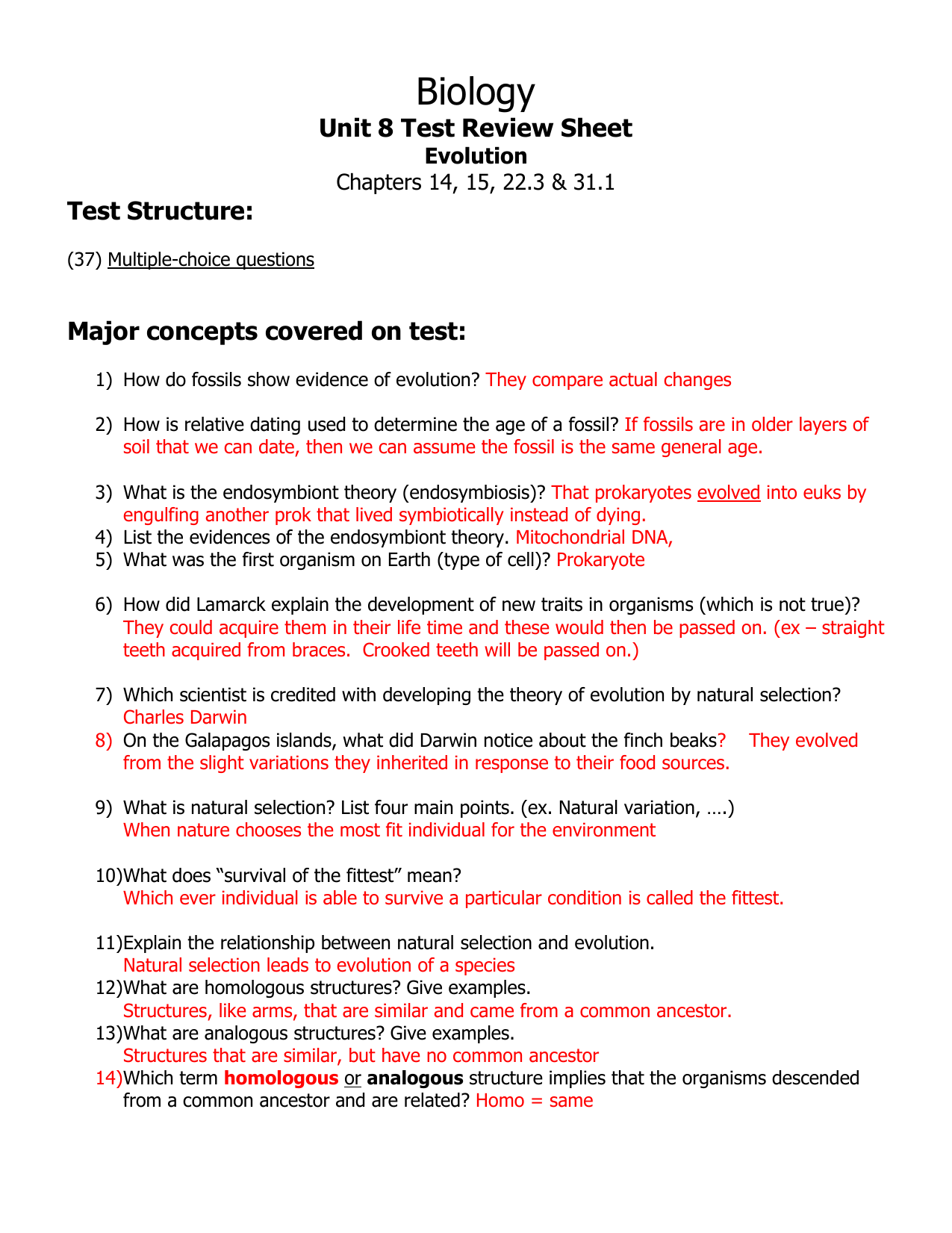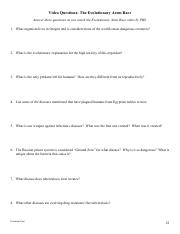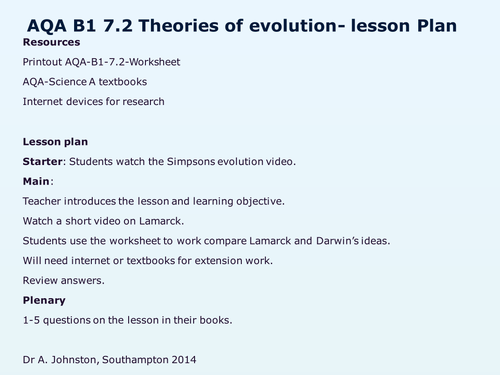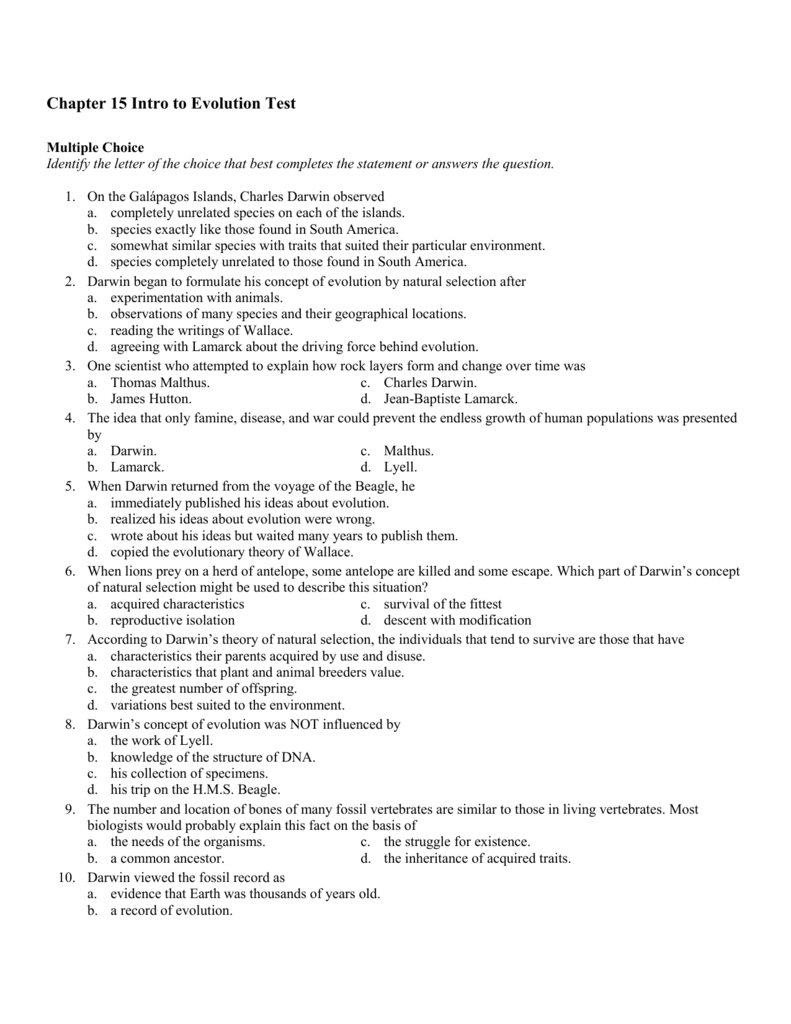Evolution is the process by which living organisms change and adapt over time. It is a fundamental concept in biology and is supported by a wealth of scientific evidence. While there is still much that scientists do not understand about evolution, there are some key questions and answers that can help students better understand this complex and fascinating process.
- What is evolution?
Evolution is the process by which living organisms change and adapt over time. It is a natural process that has been occurring for billions of years and is responsible for the diversity of life we see on Earth today. Evolution occurs through the process of natural selection, which is the idea that certain traits are passed down from one generation to the next because they are advantageous in a particular environment.
- How does evolution occur?
Evolution occurs through the process of natural selection. In natural selection, certain traits are passed down from one generation to the next because they are advantageous in a particular environment. For example, if a group of animals lives in a very cold environment, those that are able to grow thick fur will be more likely to survive and reproduce than those that do not. Over time, the trait of thick fur will become more common in the population because it helps the animals survive and reproduce.
- Is evolution a theory or a fact?
Evolution is a scientific theory, which means that it is a well-supported explanation for a phenomenon that has been observed in the natural world. It is not a fact, but it is supported by a vast amount of scientific evidence from many different fields of study, including paleontology, genetics, and anthropology.
- What is the evidence for evolution?
There is a wide range of evidence for evolution, including the fossil record, which shows the existence of extinct species that are now known only through their fossilized remains. There is also genetic evidence, which shows that different species share common ancestors and have evolved from common ancestors through the process of natural selection. Other evidence includes the existence of vestigial organs and structures, which are structures that have no function in an organism but are thought to be remnants of structures that were once useful in its ancestors.
- Is evolution a random process?
While evolution is not a completely random process, it does involve some element of chance. Natural selection is not a conscious process and does not have a specific goal in mind. Instead, it is driven by the environment and the survival and reproduction of organisms that are better suited to that environment. Some traits may be advantageous in one environment but not in another, and the process of evolution does not always result in the most "perfect" or "advanced" organism.
- Does evolution contradict religious beliefs?
Many religious beliefs do not contradict the concept of evolution. Some religious traditions see the natural world as a reflection of the divine and view evolution as a way in which God has created and shaped the diversity of life on Earth. Others view evolution as a natural process that is consistent with the idea of a divine creator. However, some religious beliefs do contradict the concept of evolution, and there can be conflicts between scientific and religious perspectives on the origin and development of life.
In conclusion, evolution is a complex and fascinating process that is responsible for the diversity of life we see on Earth today. While there is still much that scientists do not understand about evolution, there are some key questions and answers that can help students better understand this process and how it has shaped the natural world.









